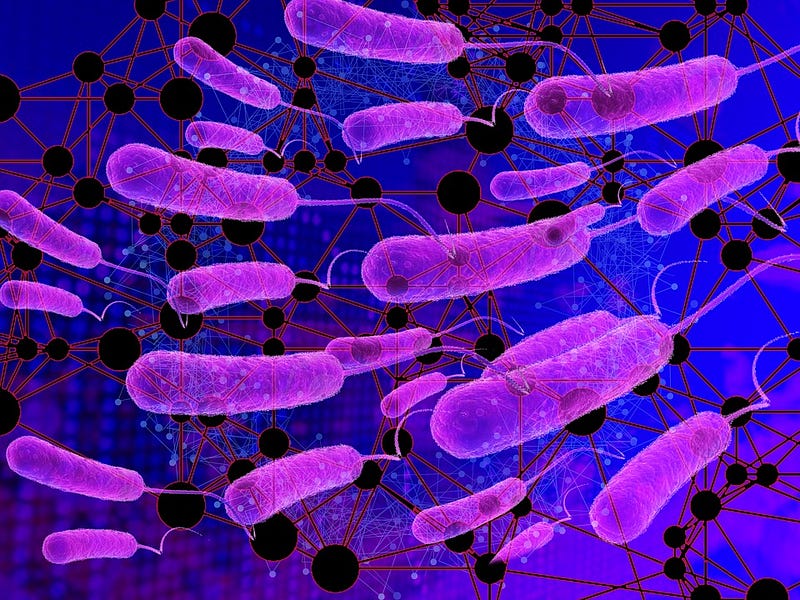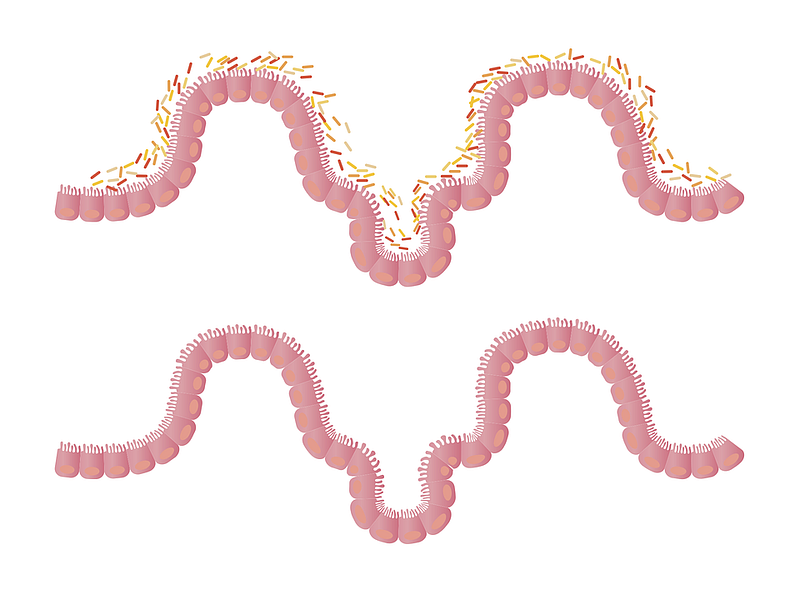Rewilding Our Microbiome: Navigating the Complexities of Gut Health
Written on
Chapter 1: Understanding Our Microbiome
Our gut microbiome has undergone significant transformation due to modern lifestyles. This raises the question: should we attempt to revert it to a more 'natural' state?

The Relationship Between You and Your Microbiome
The connection we share with our gut microorganisms begins even before birth, as the microbes from our mothers influence our brain development. After we are born, our microbiome experiences considerable fluctuations during the initial years, shaped by exposure to various foods, people, and environmental factors that contribute to the diversity of our microbial inhabitants.
As we transition through puberty, our gut microbiome typically stabilizes into a more consistent state. However, significant lifestyle changes or health issues can disrupt this stability. Generally, healthy adults maintain a fairly stable composition of gut microbes, with diversity being key to overall health—though too much diversity can also have negative consequences. As we age, this stable arrangement tends to become more unpredictable.
Various regions of our body, such as our skin and nasal passages, host distinct microbial communities, but the gut microbiome stands out as the most extensively studied. These intestinal inhabitants appear to influence our food metabolism, hunger levels, disease risk—including conditions like Alzheimer's—and even personality traits. While they play a role in cancer risk and may enhance chemotherapy effectiveness, the relationship between microbiomes and health is complex. Factors that influence both microbiome and health outcomes can obscure the true nature of their interactions.
It is evident that microbiomes in wild animals display significant diversity, a trait that seems to be diminishing in individuals from industrialized regions, leading to potential negative health implications.
Chapter 2: The Concept of Rewilding the Microbiome

Should We Attempt to Rewild Our Microbiomes?
The prospect of 'rewilding' our microbiomes—restoring them to a pre-industrial state—might seem attractive at first glance. However, this approach is not straightforward, as highlighted in a recent thought-provoking article. The authors caution against oversimplifying the issue, emphasizing the need for a nuanced understanding.
While an altered microbiota can lead to disease, restoring a preindustrial microbial state through methods like replacing lost microbial taxa or transplanting communities from non-industrial donors does not guarantee improved health.
Why is this the case? Simply put, there is no singular 'ancestral' microbiome. Defining what such a microbiome might look like is challenging; current hunter-gatherer societies may serve as a rough approximation, but their microbiomes may not truly reflect our ancestral past. Furthermore, the correlation between industrialized microbiomes and disease is not always clear-cut. It’s uncertain whether reduced microbiome diversity leads to illness, or if lifestyle-related diseases diminish diversity. Given the feedback loops in nature, it’s likely a combination of both.
Excessive microbial diversity can destabilize the microbiome, making it evident that simply increasing diversity is not the answer. Attempting to impose an ancestral microbiome in our modern industrialized environment may result in a mismatch. Many of us live in settings with unique characteristics—from the food we consume to environmental pollutants—that our ancestral microbiomes may not adequately address.
Even in non-industrial societies, the health and stability of the microbiome decline with age. Thus, even if we could overcome these challenges, any potential benefits might be short-lived.
The authors conclude that to effectively modify gut microbiota for better health, we must untangle which aspects of health are enhanced by aligning the microbiota more closely with the host and the environment. A precise, tailored approach is essential, rather than a blunt one.
Does our industrial lifestyle negatively impact our microbiomes? Likely. But is reverting to an ancestral state the optimal solution? Probably not. We must adapt our microbiomes to meet contemporary challenges and enhance their resilience. This might involve increasing diversity, but not necessarily in the same manner as found in hunter-gatherer societies. It’s also wise to assess our current lifestyles for factors that influence our gut inhabitants.
We should strive for a modernized approach to our microbiomes—Microbiome 2.0.
This video explores the concept of rewilding the gut, discussing its potential benefits and challenges in relation to gut health.
A deeper examination of the rewilding concept, offering insights into how modern lifestyles impact our gut microbiomes.